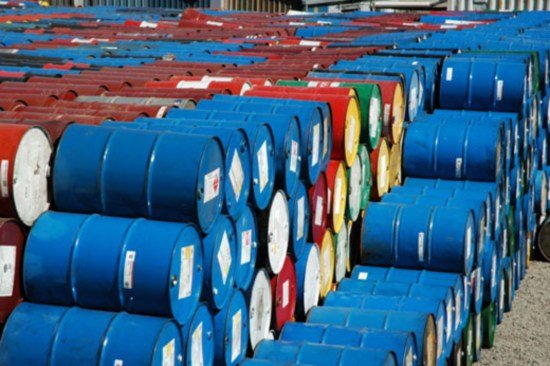 Oritsegbubemi Omatseyin
Oritsegbubemi Omatseyin
Lagos — The Nigerian Upstream Petroleum Regulatory Commission, NUPRC, has convened a stakeholders’ engagement focused on the application and implications of Section 94 of the Petroleum Industry Act, PIA, 2021.
The session, chaired by the Executive Commissioner for Exploration and Acreage Management, Bashari Indabawa, on behalf of the Commission Chief Executive, Engr. Gbenga Komolafe, addressed key provisions of the PIA and their impact on the Upstream Petroleum sector.
In his remarks, Komolafe emphasised the importance of effective management and administration of concessions to boost production and enhance the development of Nigeria’s hydrocarbon reserves. He also highlighted the Commission’s strategies for implementing bid rounds to attract investments and optimize resource utilization.
The session included a presentation on the NUPRC’s mandates as outlined in Sections 6, 7, and 8 of the PIA, focusing on the technical, commercial, and operational roles of the Commission. Stakeholders were also briefed on Section 94(4) of the PIA, which mandates the relinquishment of marginal fields or discoveries left fallow for over seven years, as well as related provisions under Sections 94(6), 94(7), and 94(8)(a)(b).
The engagement provided an opportunity for stakeholders to discuss the practical implications of these provisions for fostering growth and transparency.
In addition, officials from the Ministry of Petroleum Resources visited the Nigerian Upstream Petroleum Regulatory Commission, NUPRC on a technical visit.
The Executive Commissioner for Development and Production, Mr. Enorense Amadasu, and the Executive Commissioner for Exploration and Acreage Management, Bashari Indabawa, were present during the visit.
While briefing the stakeholders, the NUPRC highlighted key areas of its operations, including Exploration and Acreage Management, Hydrocarbon Development, Petroleum Accounting, Domestic Crude Oil Supply Obligations, Crude Oil and Gas Terminals Operations, Production Surveillance, and Asset Integrity Management.
These areas are critical to optimising the upstream sector’s contributions to Nigeria’s energy security and economic growth. The discussions also underscored the Commission’s role in ensuring compliance with industry regulations, fostering innovation, and promoting sustainable development in line with global best practices.



